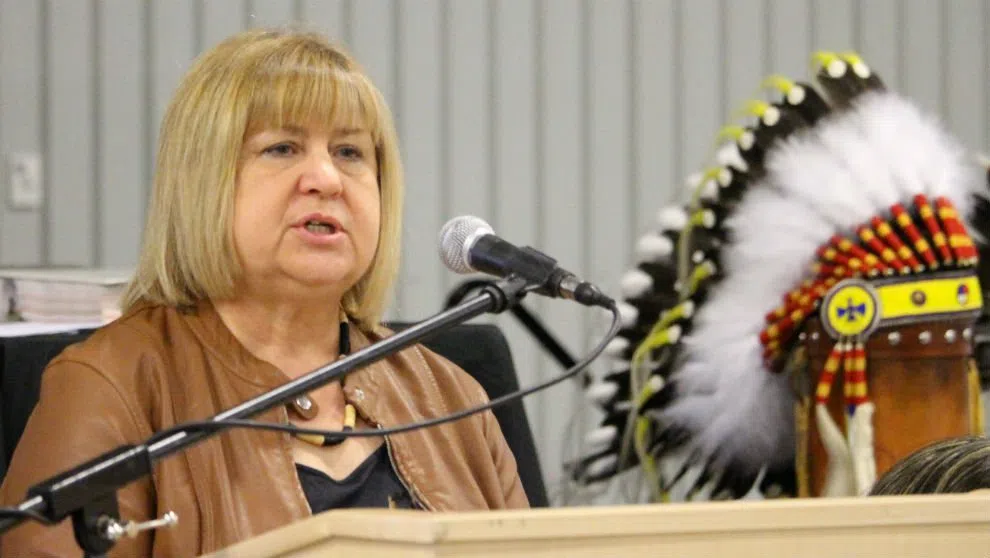
$100 million in federal funding to go towards indigenous employment initiatives
The federal government has announced $100 million in funding to combat high rates of unemployment in indigenous communities.
The funding will go toward employment and skills development initiatives and other services associated with employment, such as childcare, driver training, and transportation.
MaryAnn Mihychuk, Minister of Employment, Workforce Development and Labour, made the announcement Wednesday, May 25 at the Federation of Saskatchewan Indian Nations Legislative Assembly.
“We’re going to provide the support for indigenous communities, for individuals that want a career,” she said. “It will also help industries who are looking for a skilled workforce.”


